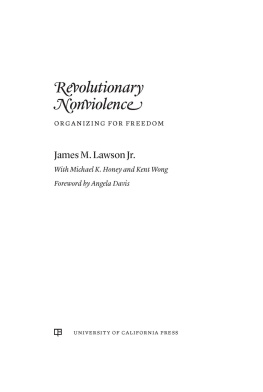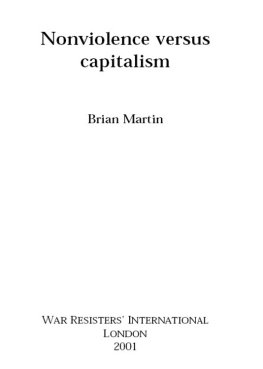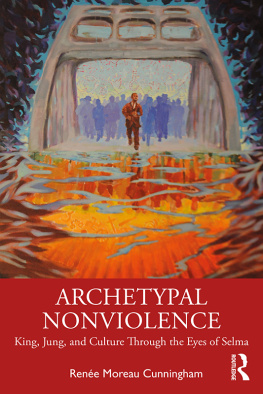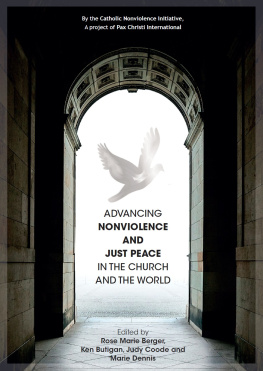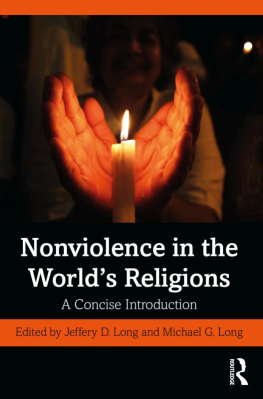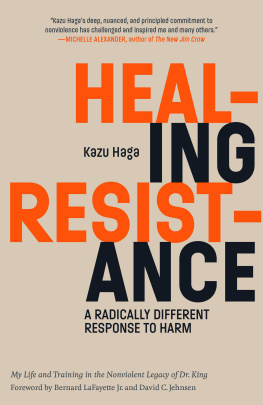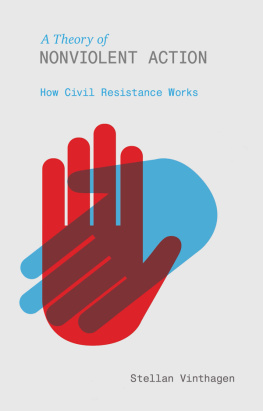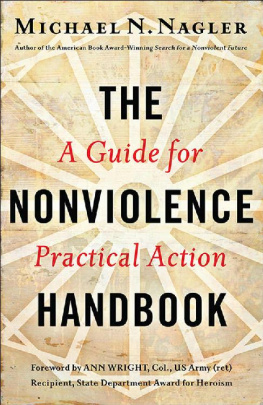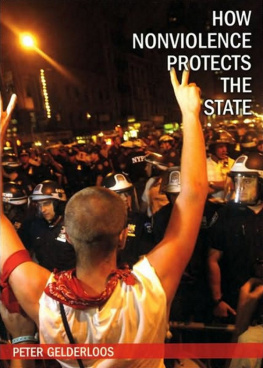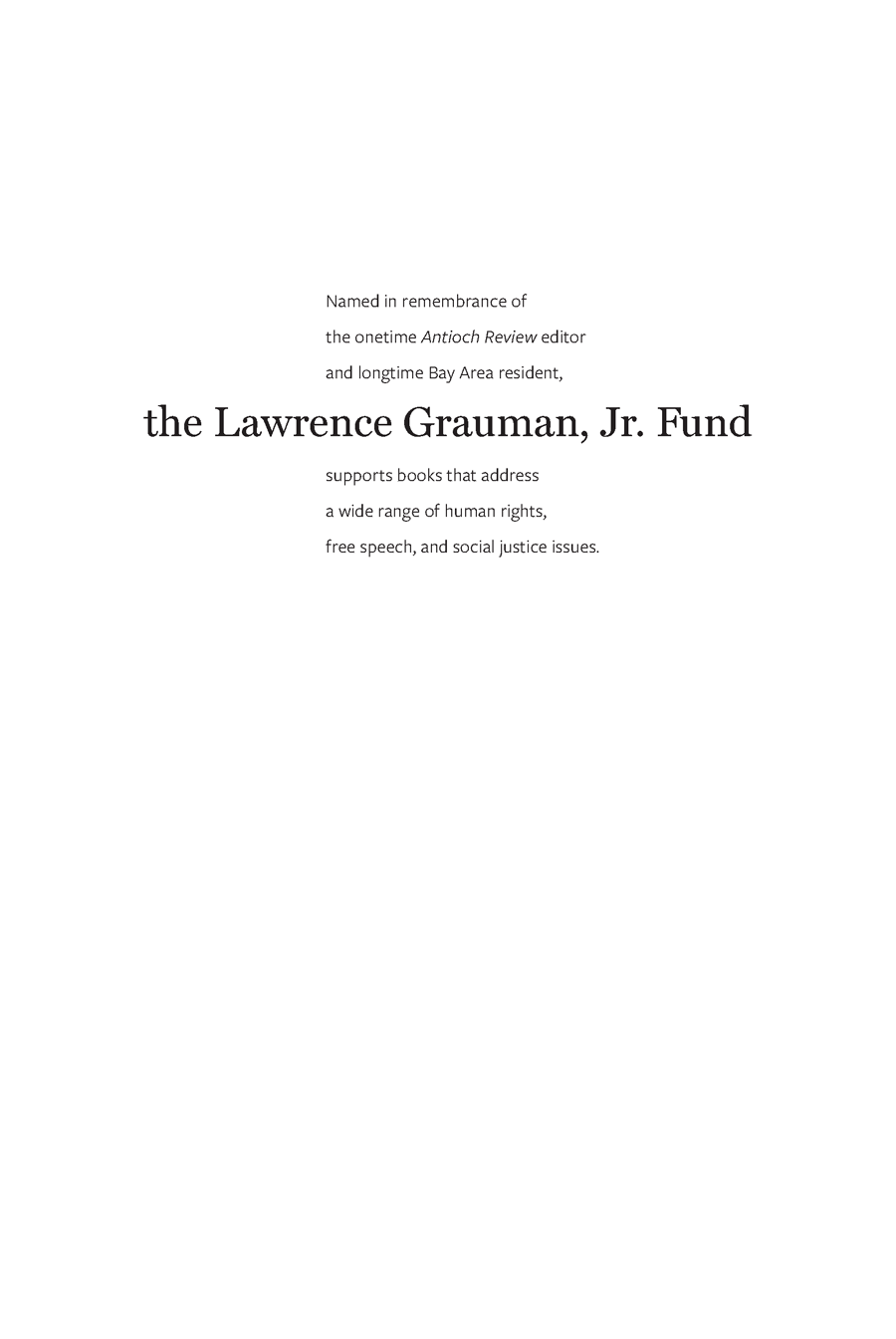James M. Lawson Jr.
With Michael K. Honey and Kent Wong
2022 by James M. Lawson Jr., Michael K. Honey, and Kent Wong
Cataloging-in-Publication Data is on file at the Library of Congress.
ISBN 978-0-520-38784-3 (cloth : alk. paper)
Foreword by Angela Davis
Those who place contemporary events in historical perspective assist us to discover deeper meanings for the present. This is especially true of our movements for social justice. By giving us a sense of the continuum that links more recent struggles with those of the past, we acquire more complex understandings of potential future transformations and their conditions of possibility. In this sense, we are extremely fortunate, thanks to this book, to have access to the crucial insights of Rev. James Lawson. Rev. Lawson experienced and helped to shape the civil and human rights movements of the mid-twentieth centurythe great nonviolent contestation of white supremacist political, economic, and social structuresand continues to be an important teacher and activist into the twenty-first century. It is particularly helpful to consider Rev. Lawsons ideas at this pivotal moment in the history of US social justice struggles, for we are currently in the process of reevaluating hegemonic theories and practices that have largely defined our efforts to dismantle racism over the last century and a half.
Rev. Lawson has always insisted on foregrounding the structural dimensions of racism and has urged us for many years to recognize what he calls plantation capitalism. In the aftermath of the massive 2020 protests condemning the police lynching of George Floyd and the equally symbolic police murder of Breonna Taylor, along with many other instances of police violence, institutions throughout the countryand indeed, in many parts of the worldare engaged in processes designed to identify the many ways in which racism has been systemically reproduced over the last one hundred and fifty years. Rev. Lawsons teachings can bring a deeper understanding to this process. This means challenging governing ideologies that have characterized racism as a product of the defective attitudes of individuals. This means recognizing that simplistic analyses of racism inevitably lead to simplistic, ineffective solutions, such as those that have revolved around strategies of voluntary color-evasiveness. To assume that racism would recede if only white people would learn how not to see color itself represents, as many have pointed out, the powerful reach of racist ideology. I am reminded of the response of a powerful white corporate figure who, some years ago, attempted to share with his staff his conviction that he was opposed to all forms of racism. He looked around the room and focused on the Black woman who told me the story, the one Black person in the room, and announced with passion, I dont even see color. She then asked him, So why are you looking directly at me, the only Black person present?
Color-evasiveness may have been partially supplanted by diversity and inclusion strategies, but diversity and inclusion by themselves do not dislodge the structures of racism. Rev. Lawson urges us to focus on the ways that racism, sexism, and what he terms plantation capitalismhow the US treats the world as its plantationintersect to construct violent barriers to change. Rev. Lawson argues that we are witnessing the emergence of a massive twenty-first-century movement that has the potential of expanding democracy, economically, politically, and socially. Unlike those who call for structural change but refuse to acknowledge the role that capitalism plays in embedding racism within social structures, he urges us to embrace strategies of intersectionality and to always remember that a nonviolent society can never be created with violent means.
Rev. Lawson worked closely with Dr. Martin Luther King Jr. and taught nonviolence organizing and philosophy in many of the movements of the 1960s. He taught first principles to the Little Rock Nine high school students, John Lewis, C.T. Vivian, Diane Nash, and others who formed the core of the early sit-in movement and freedom rides to desegregate public accommodations in the South. He was one of the founders of the Student Nonviolent Coordinating Committee and led the strategy committee for the Memphis sanitation strike in 1968, when an assassin took Dr. Kings life. Rev. Lawson went on to promote nonviolent direct action in Los Angeles and across the country, supporting labor rights and immigrant rights and an end to imperialism and plantation capitalism. Now in his nineties, he has retained and expanded his radicalism, and his words are more important than ever.
Angela Y. Davis
Distinguished Professor Emerita
History of Consciousness and Feminist Studies
University of California, Santa Cruz
Preface
Much of this book is made up of transcripts of talks by Rev. Lawson and interviews with him. We have edited these (with his permission) much as if they were an oral history, moving a few paragraphs around to make it easier to read in sequence, with minimal copy-editing. To hear and see Rev. Lawson speak is to experience the power of the prophetic tradition in the African American church. Using few if any notes, Lawson in person provides an exceptionally compelling oral presentation. Though we cannot replicate that experience here, readers can get a sense of his speaking style and his analysis.
There are many other sources of Rev. Lawsons talks and writings about him online and in print, and some are listed at the end of this book. We do not offer a broad bibliography, however, but instead focus on a few sources that can help put Rev. Lawsons life and work into context. We encourage readers to explore the vast and exciting literature on freedom and nonviolence movements for social change.
We hope this collection can help new generations in the struggle to overturn forces of systemic violence through ordinary peoples power based on the principles of love and solidarity. No matter who or where you are, no matter your race, ethnicity, class, gender, nationality, or religion, you can use nonviolent action to struggle for justice and peace. You too can help transform society without inflicting more harm, to help us reach new frontiers of the beloved community. You too can build toward a moral revolution.
We wish to thank the following individuals for their hard work in making this publication possible. At the UCLA Labor Center, Julie Monroe provided outstanding aid in editing, obtaining photo permissions, and conscientiously guiding the entire process to publication. Also at the UCLA Labor Center, graduate student researchers Brittnee Meitzenheimer and Domale Keys assisted with editing, and Lily Hernandez and Kandice Rander helped in locating the photos and artwork. At the University of Washington, Tacoma, Victoria Ahrens transcribed the recordings of Rev. Lawsons Tacoma 2008 lectures; Paul Lovelady and his crew in the media office filmed Rev. Lawsons talks; Adam Nolan provided research for the film Love and Solidarity: Rev. James Lawson and Nonviolence in the Search for Workers Rights, and Lucas Dambergs organized Rev. Lawsons film interviews, which we have drawn on for this book; Casey Reynolds Wagner located photos and provided technology assistance; and Kyle Veldhuizen created and maintains the website supporting Lawson film materials at loveandsolidarity.com. The Radcliffe Institute for Advanced Research at Harvard provided support for Michael Honeys work and supported the work of research partner Ria Modak, who provided reading and editing assistance.

